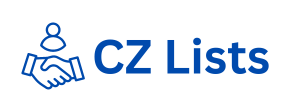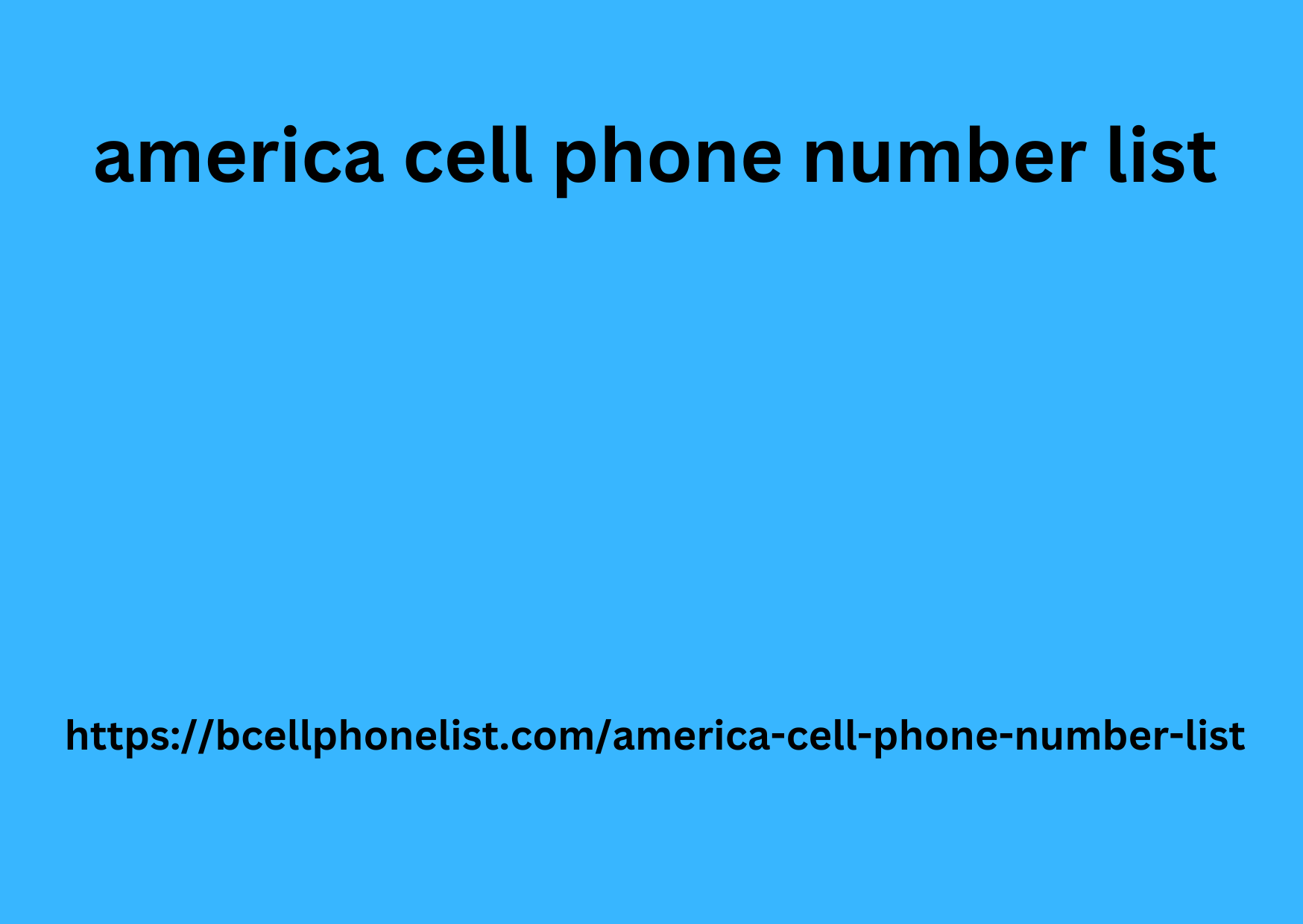For students who study abroad, working in an international company is often one of the most sought-after opportunities. Each year, there are many candidates who are trying to secure a job at an international company. The main reasons for choosing to work for an international company, in addition to expectations for the working environment and atmosphere, include the ability to leverage the language skills gained through their studies abroad.
Although many international students are fluent in English, interviews are not something that can be entirely handled through impromptu answering. Unexpected questions, coupled with answering in English, can be daunting even for experienced individuals.
In this blog post, we will be outlining the 8 common questions asked in international company job interviews, along with sample answers and strategies for answering them. Students preparing for interviews at international companies can bookmark and share this blog for future reference.
Question 1: Tell me about yourself
8 Common Questions in International Corporation Job Interviews-001
Answer Approach: For international company job interviews, the interviewers have significantly different thought processes and habits compared to those in domestic interviews. So, don’t use the common self-introduction format used in Vietnam interviews; it will seem too plain and lacking in personality. Instead, it’s better america cell phone number list to mention some interests and hobbies related to the profession.
Sample Answer: Over the last few years, I’ve really taken a liking to nature walks. I really love the idea of stepping into a whole new world where I can find peace and adventure at the same time. It’s pretty cool how these hikes have taught me a thing or two. Like, you’ve got to be patient and observant because you never know what you’ll come across on the trail. Plus, there’s always the unexpected.
Out there, I’ve learned to deal with whatever nature throws at me, whether it’s rain, rough terrain, or the occasional squirrel trying to share my snacks. It’s like a crash course in adaptability and resilience.
Analysis: This answer introduces
The candidate’s experiences and interests, showcasing the ability to learn from experiences, resilience, and a spirit of daring adventure, all of which are qualities that can have a significant impact on the job.
Things to Note:
Ensure that the answer isn’t too brief or too detailed. Being too concise can make you appear reserved while being too detailed can make you seem long-winded. Interviewers don’t want to know every single thing about you.
Avoid mentioning controversial opinions on topics like politics or religion, as the interviewer’s views may differ significantly.
Mention interests and hobbies that are as relevant as possible to the job you’re applying for. Otherwise, the interviewer might think your numerous hobbies will interfere with your work.
Avoid disclosing personal privacy information, like family, children, or partners.
Question 2: Why do you want to change jobs?
Answer Approach: International company job Interviewers want to know the reasons behind your change of jobs and ensure that it’s not due to poor performance, issues with colleagues or superiors, etc. When answering, it’s important to provide a positive reason and dispel doubts that you’re changing jobs due to a negative situation. If you’ve been laid off and are changing jobs, it’s crucial to prepare for this question and attempt to frame it as a positive reason.
Sample Answer: I was fortunate enough to be given an opportunity to work at a startup as soon as I graduated from college. However, this also meant that I had to take on multiple roles at the same time since the first day in the office. Although that was a great exposure for me, now I’m looking forward to taking my graphic design skills, which have been honed, into a senior role.
Analysis: The candidate starts by positively describing their prior work experience and then emphasizes their goal to advance in their professional field. This answer conveys the skills and attitude the interviewer is looking for.
Things to Note:
Describe the job change as a career advancement. Avoid speaking negatively about your current job.
Highlight some advantages of your current job. This way, you can show that you’re looking for an even better job without making it seem like you’re in a difficult situation.
If your current job situation is challenging, you can use external factors to explain why you’re changing jobs, such as a shorter commute in the new job.
Question 3: Tell me something not on your resume
Answer Approach: In international company job interviews, interviewers often prefer to use open-ended questions to assess a candidate’s adaptability, personality, and hidden abilities rather than basing all the questions on the učinkoviti savjeti za ppc kampanju candidate’s resume. When answering, it’s essential to showcase your hidden skills, personal interests, and how they relate to the company and the position you’re applying for.
Sample Answer: My sales team exceeded our annual sales goal by 20%, which is a source of great pride for me. One of the main reasons for our success was that I was willing to make additional sales calls to secure deals with major clients. However, this meant that I had to work late nights to catch up on administrative tasks. Despite the added workload, the results were worth it in the end.
Analysis: This answer elaborates on the points mentioned in the resume, providing information not present there and highlighting a proactive approach to solving problems.
Things to Note:
Even though it’s not on your resume, the answer should revolve around the applied position. Don’t go too off-topic.
Be truthful about your character and qualities. When discussing hidden abilities or character traits, avoid fabrication. Interviewers are adept at reading people, and an untruthful answer can backfire.
Don’t disclose negative aspects of your character or background. Keep the answer positive, and avoid excessive detail. These open-ended questions can be challenging, so it’s best to organize your thoughts beforehand.
Question 4: How do you handle failure?
Answer Approach: Every job can involve failures or roadblocks, and interviewers from international companies want to know how you respond to failure. In your answer, you don’t need to explain in great detail how you solved a problem at work but rather, focus on your thought process when faced with adversity and how you plan to alb directory prevent similar issues in the future. Providing a specific example of a past failure and what you learned from it can be particularly effective.
Sample Answer: To avoid making the same mistake again, I make it a point to seek advice from my colleagues and those who have more experience in my field. Additionally, I am always looking to upgrade my skill set and become more confident in whatever I do.
Analysis: This answer demonstrates the candidate’s ability to address their shortcomings, seek improvement through learning, and take a proactive approach to self-improvement.
Things to Note:
Prepare a failure case and explain what you learned from it, as well as how you plan to avoid similar failures in the future. Interviews from these corporations usually like to dig deeper into the examples given.
Clearly state what you learned from the failure and how you plan to prevent it in the future. It’s even better if you can quantify the results. For example, “After thorough research and more detailed budgeting, I managed to save 15% of our budget for subsequent activities.”
It’s not a good idea to pretend that a success is a failure. If you do this during a job interview, the interviewer might catch on and it could make you look bad. It’s best to be honest about your accomplishments.


